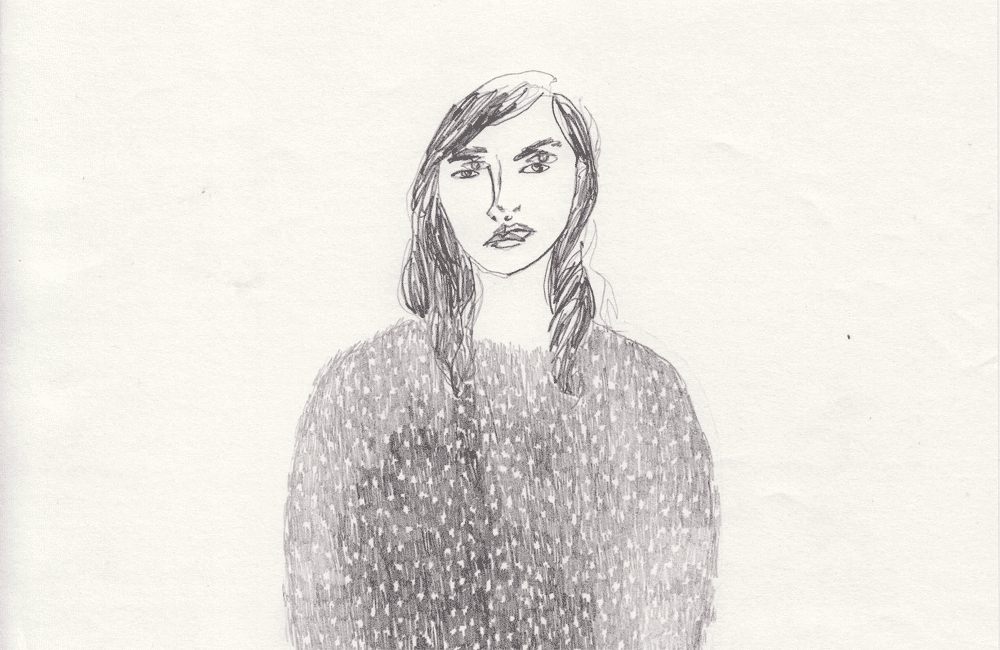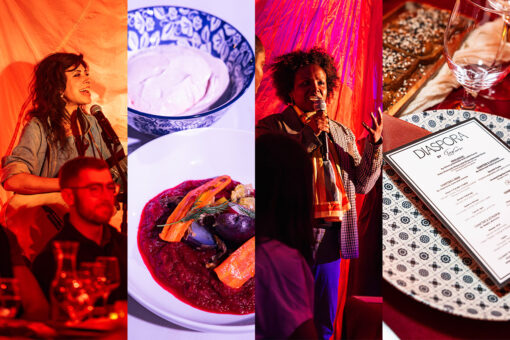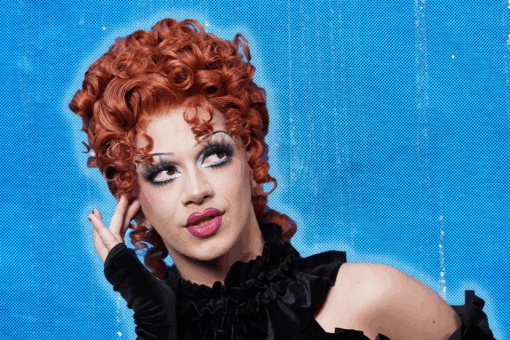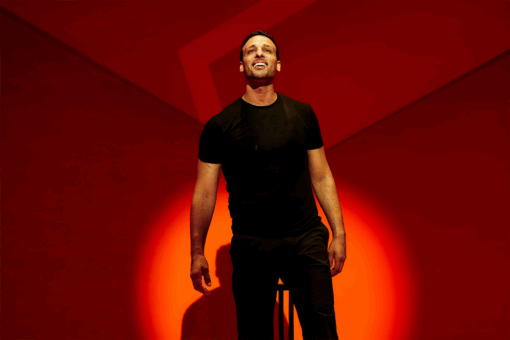I was 8 years old when I found out I killed Christ. Until then, I had been naively walking around thinking I hadn’t killed anybody at all. Luckily, a girl in my class, a persistent bully whose casual anti-Semitism was probably one of her nicer qualities, set me straight.
“You killed Christ,” she spat.
I’m not proud to say I lunged at her. I got one of the only detentions I would ever get.
Until that day, being Jewish had just been a background fact of life, like my age or my hair color. I’m 8 years old, I like singing, I have one brother, three cats, and I’m Jewish. It was part of the team of characteristics that made up my fledgling identity — not the star player, just one of the guys.
I grew up in a small English village, where my brother and I attended a new-age alternative school. The nearest Jewish community was almost an hour’s drive away, where we sporadically attended the Reform synagogue in the run up to our respective bar and bat mitzvahs.
While we observed the major holidays — Hanukkah instead of Christmas, apples and honey at Rosh Hashanah, fasting on Yom Kippur — Judaism wasn’t really a part of our daily existence. There was only a handful of nominally Jewish families in the local area. I did not grow up attending Habonim or other Jewish youth groups, and mixing with other Jewish kids just wasn’t in the cards. There were, and still are, huge gaps in my Jewish education: songs that are utterly unfamiliar to me, holidays I probably still haven’t come across, and that feeling of attending synagogue and worrying that I’m getting it all wrong.
After that fateful encounter in third grade, I started to feel self-conscious about my Jewishness, my foreignness. I began to feel uncomfortable about calling my mum and dad “Ima” and “Abba” in public. I didn’t want to draw attention to myself. I didn’t want to be weird. My Jewishness became a mostly silent, buried part of my identity.
And so it went until my teenage years, when my awkward relationship to my heritage morphed into self-deprecating humor. Shows like South Park and Family Guy were at their zenith and I was more than happy to cling to the life raft of “Jew jokes” that made my otherness somewhat cool. I could take a joke, see? I could carve out my teenage niche as the “token Jew.” It made being different feel less of a big deal.
While this feels like a somewhat counterintuitive thing for someone who now writes comedy for a living to say, I now know that kind of humor was a weird act of apologism. It meant my relationship to my own culture was only acceptable through the lens of humor or ridicule. It was my way of saying, “It’s alright guys, I might be Jewish, but at least I can laugh about it.”
In my late teens, I left the alternative school and went to a local state high school where, if there were any other Jewish kids, they certainly did not make themselves known. One history lesson, we had a substitute teacher who, upon hearing one of my awkward jokes, began aggressively demanding that I justify the actions of the state of Israel.
I had never come across this particular strand of anti-Semitism before, the collective accountability for the actions of the Israeli state over which I have absolutely no control. I saw the red mist and stormed out of the lesson.
Off I went to university and, for the third time in my life, found that I was one of just a handful of Jews in the area yet again. All grown up and still the only Jew in the village — almost.
I stumbled into Jewish life on campus by accident. I saw the Jewish Society stall during Welcome Week was manned by one very enthusiastic guy, and in a strange act of duty, I felt I ought to sign up to support him.
I had no intention of actually joining in until I started mentioning to people I was Jewish. While lots of people didn’t care, too many people did. The responses ranged from straight up turning around and walking away from me to one neighbor in my halls of residence “joking” that, “I’m part Jewish. I want to find out which part so I can cut it off.”
So when the email arrived in my inbox inviting me to a Jewish Society event, something deep within me compelled me to go. The event, as it turned out, was attended by about three people, including the very enthusiastic president who had kept the tiny society of about five to 10 actively involved members going for three years.
A few drinks later and he had somehow convinced me that, by sheer virtue of showing up, I was the right person to take over from him. He was exhausted and he was graduating that year. That night we conducted a hasty nominal “election” and this awkwardly unobservant Jew accidentally inherited a campus Jewish Society. I continued to run it for the rest of my university career.
What followed was a crash course in my own culture and people. While I had the basics down, there was so much I had absolutely no idea about. I started attending the local shul, a small historic synagogue that was Reform and Orthodox on rotation to please the tiny membership who had grown up in different cultures. [Insert your own joke about Jews and opinions here.]
While I never really felt religious, what I did find was a sense of deep familiarity and community. Even though I didn’t know these people, they felt like family and I felt less homesick, because suddenly I felt at home. Despite not having a clue what was going on in the services, I loved seeing the same faces every week, hearing the songs that go back generations, the fact that everyone had their own respective tune for said songs and would defend them to the death, the Friday night dinners, the sense of inclusion.
It’s been 10 years since university and I still find that my Jewishness, in some form of another, shapes my daily life. I still joke about my Jewishness, but in a way I find empowering: by ridiculing anti-Semites, not my own culture. I have a large, noisy group of Jewish friends to bicker with and, on the rare occasions I attend synagogue, I actually know what I’m doing now!
My Jewishness may have been quashed and then reignited by bigotry, but what I discovered is that is not what defines it. Being Jewish in isolation meant that it was a long road to figuring out what that meant for me. But now, finally, it is a part of my identity I wear with pride and affection.
Header Image by Maremonstrum on giphy.



